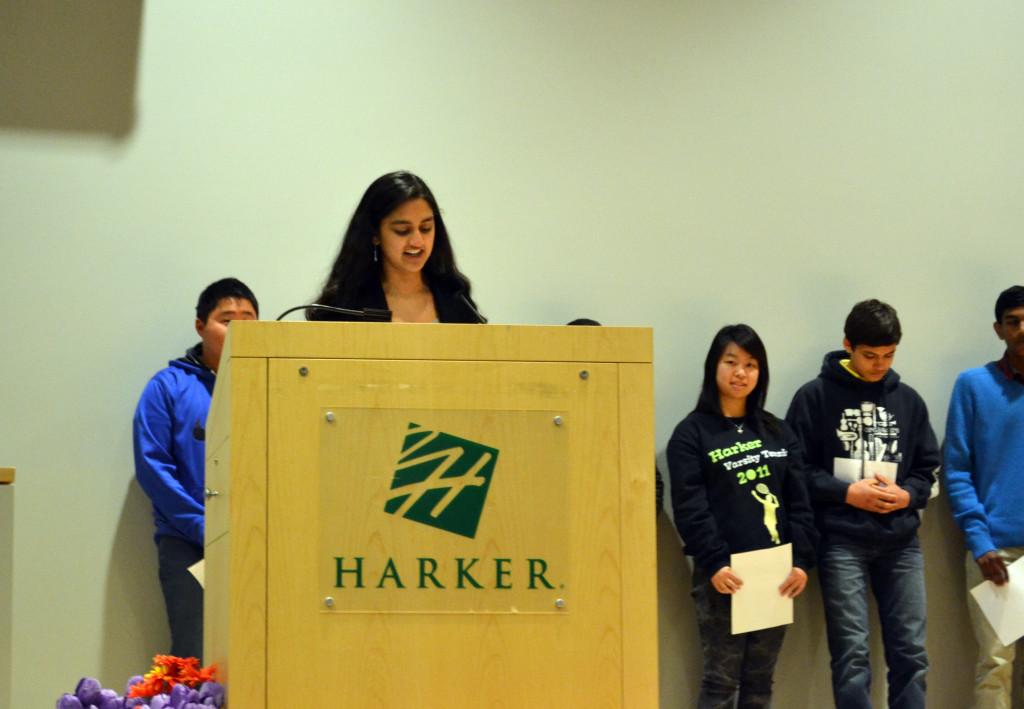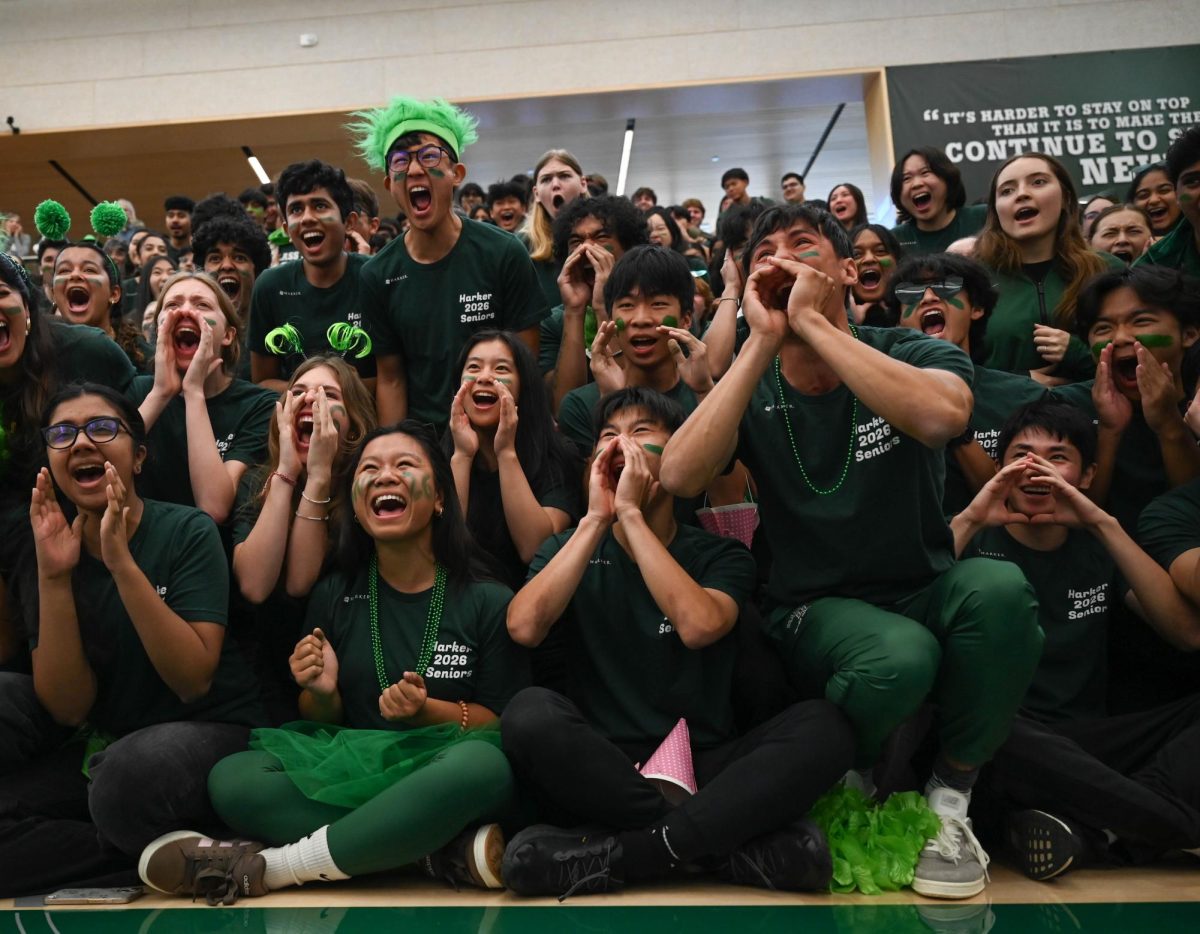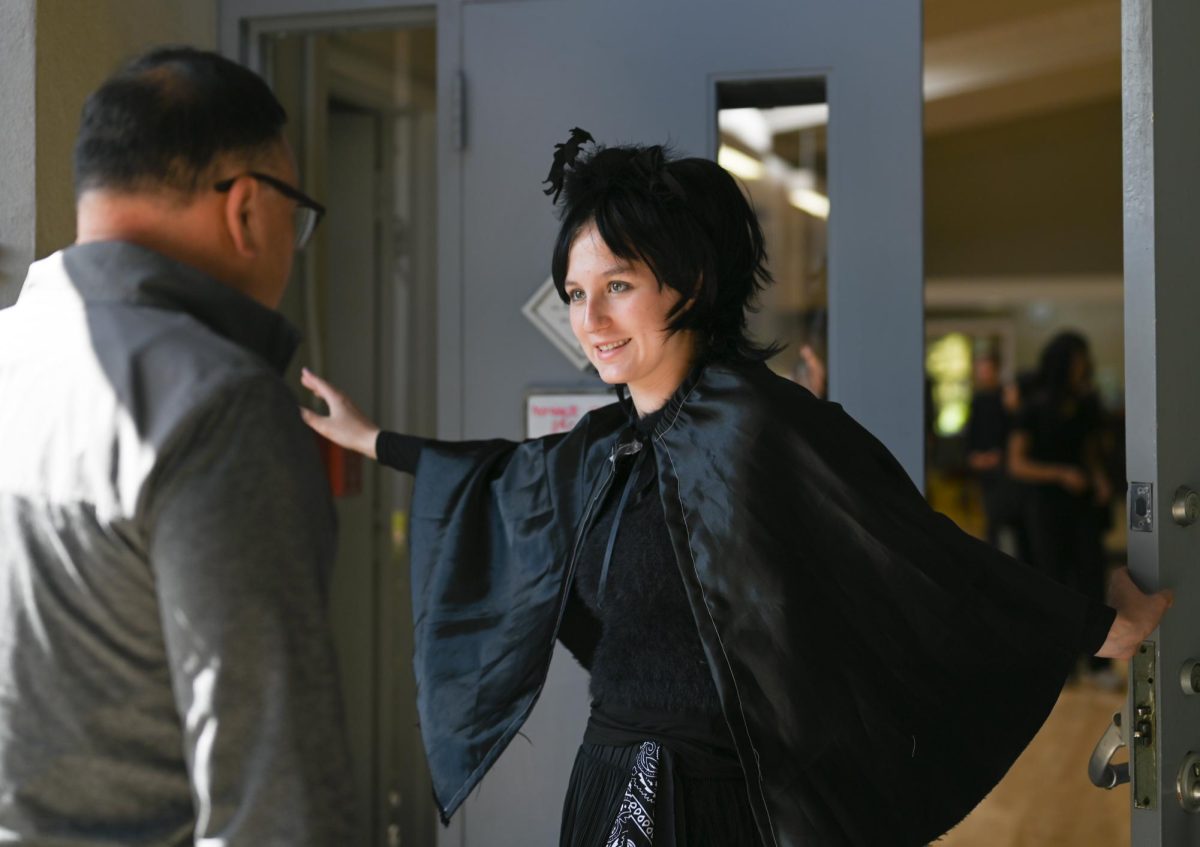During class meeting on Tuesday, nine sophomores presented speeches in front of their peers in order to be elected to the Honor Council.
Honor Council elections are held every two years and three positions are available for sophomores. In order to choose the first two members of the council, a “runoff voting system” is implemented. The two students with the highest number of votes will be granted the positions, while the last member will be selected by the Honor Council faculty and the administration from the remaining candidates.
All candidates unanimously emphasized the importance of honor in their speeches, but many expressed their different opinions on how it should be enforced. Some candidates believe that the system that punishes students who cheat with serious consequences is quite effective, but they would like to improve it in small ways.
“I think [honor] is enforced in practice mostly by threat of disciplinary action. I mean, you see a lot of people not doing dishonorable things just because they’re afraid of getting in trouble, right?” current Honor Council member Sahana Rangarajan (10) said. “ I think that if we want to change, we as a community should move together, rather than just one person or a small group being in charge and whipping everyone into shape with a reign of terror.”
Others believe that the harsh consequences that follow dishonorable behavior are not preventing students from cheating as some just become more stealthy in their methods.
“I don’t think harsh punishments are the way to go when it comes to honor. We need to help people understand that being dishonorable only hurts you in the long run,” Neil Movva (10) said. “I just think that by scaring people, you don’t stop them from doing it. They just work harder to not get caught.”
Some candidates had suggestions that would help remind students understand how to act honorably and make good choices.
“I think the best way to enforce honor would be to have more of the the honor case studies, which are where one person from each advisory has to go and discuss various cases regarding honor and then talk about them with their advisory,” Sanjana Kaundinya (10) said. “I thought talking about them made a difference and influenced people to think honorably.”
The class of 2015 had a record number of candidates running for the Honor Council, but eight of them were forced to retract because the speeches they submitted did not sufficiently address the prompt. The remaining candidates presented their thoughts in front of their peers, who will vote tomorrow to determine which chosen three will represent the class for the next two years.


















![“[Building nerf blasters] became this outlet of creativity for me that hasn't been matched by anything else. The process [of] making a build complete to your desire is such a painstakingly difficult process, but I've had to learn from [the skills needed from] soldering to proper painting. There's so many different options for everything, if you think about it, it exists. The best part is [that] if it doesn't exist, you can build it yourself," Ishaan Parate said.](https://harkeraquila.com/wp-content/uploads/2022/08/DSC_8149-900x604.jpg)




![“When I came into high school, I was ready to be a follower. But DECA was a game changer for me. It helped me overcome my fear of public speaking, and it's played such a major role in who I've become today. To be able to successfully lead a chapter of 150 students, an officer team and be one of the upperclassmen I once really admired is something I'm [really] proud of,” Anvitha Tummala ('21) said.](https://harkeraquila.com/wp-content/uploads/2021/07/Screen-Shot-2021-07-25-at-9.50.05-AM-900x594.png)







![“I think getting up in the morning and having a sense of purpose [is exciting]. I think without a certain amount of drive, life is kind of obsolete and mundane, and I think having that every single day is what makes each day unique and kind of makes life exciting,” Neymika Jain (12) said.](https://harkeraquila.com/wp-content/uploads/2017/06/Screen-Shot-2017-06-03-at-4.54.16-PM.png)








![“My slogan is ‘slow feet, don’t eat, and I’m hungry.’ You need to run fast to get where you are–you aren't going to get those championships if you aren't fast,” Angel Cervantes (12) said. “I want to do well in school on my tests and in track and win championships for my team. I live by that, [and] I can do that anywhere: in the classroom or on the field.”](https://harkeraquila.com/wp-content/uploads/2018/06/DSC5146-900x601.jpg)
![“[Volleyball has] taught me how to fall correctly, and another thing it taught is that you don’t have to be the best at something to be good at it. If you just hit the ball in a smart way, then it still scores points and you’re good at it. You could be a background player and still make a much bigger impact on the team than you would think,” Anya Gert (’20) said.](https://harkeraquila.com/wp-content/uploads/2020/06/AnnaGert_JinTuan_HoHPhotoEdited-600x900.jpeg)

![“I'm not nearly there yet, but [my confidence has] definitely been getting better since I was pretty shy and timid coming into Harker my freshman year. I know that there's a lot of people that are really confident in what they do, and I really admire them. Everyone's so driven and that has really pushed me to kind of try to find my own place in high school and be more confident,” Alyssa Huang (’20) said.](https://harkeraquila.com/wp-content/uploads/2020/06/AlyssaHuang_EmilyChen_HoHPhoto-900x749.jpeg)





![LALC Vice President of External Affairs Raeanne Li (11) explains the International Phonetic Alphabet to attendees. "We decided to have more fun topics this year instead of just talking about the same things every year so our older members can also [enjoy],” Raeanne said.](https://harkeraquila.com/wp-content/uploads/2025/10/DSC_4627-1200x795.jpg)









